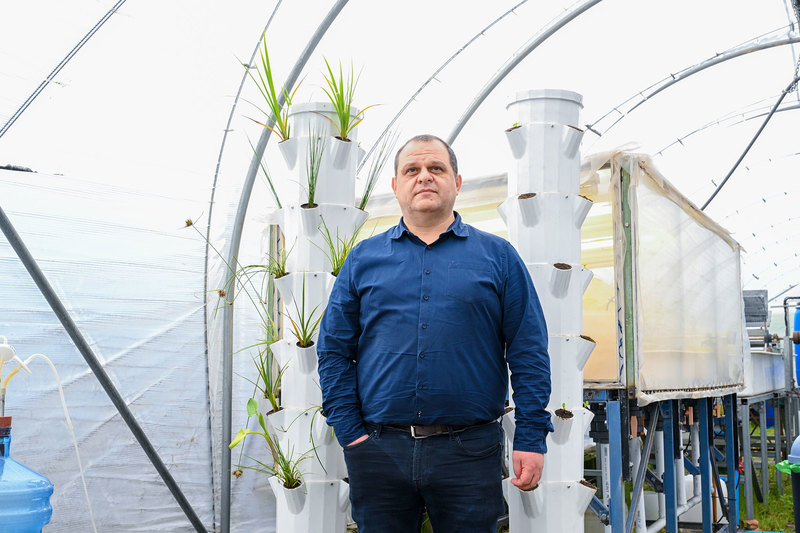By Johannah Malogadihlare
The University of Cape Town’s (UCT) Centre for Bioprocess Engineering Research is working on a five-year project that will convert waste disposals into energy source and water.
The project is led by Dr Thanos Kotsiopoulos. It includes leading research, feasibility studies and proof-concept living labs on campus and forms part of UCT’s Vision 2020 that focuses on environmental sustainability.
Its aim is to expand the anaerobic digestion (AD) process that uses anaerobic bacteria to breakdown waste.
Energy source produced can be used for cooking or to produce water that can later be used to irrigate on-campus vegetable gardens.
“The project aims to address certain environmental challenges we face. These include increasing food waste volumes, the costs associated with disposing this waste, as well as the significant carbon and water footprints that emanate from landfill disposal,” said
Kotsiopoulos.
The project would allow the practice of growing plants in an air or mist environment (vertical farm) and solids generated through AD could also be used as fertiliser.
“The constructed arrangements of the vertical farms have the potential to contribute to UCT’s interior and exterior landscaping design while also functioning as prospective low-cost climate control arrays that offset building cooling requirements and electricity costs,” he said.
UCT is currently facing significant sustainability challenges like climate change, waste management and resource depletion.
“By using organic waste as a feedstock to produce biogas, the project demonstrates how we can decrease fossil fuel resilience and conserve water. This approach advocates for utilising available resources and reduces those environmental impacts associated with traditional practices,” said Kotsiopoulos.
Additionally, he said that a group of fourth-year students were involved in developing a heat transfer model to simulate the energy balance across the green wall system.
“This model demonstrated that vertical green walls can significantly reduce energy usage to maintain a stable internal environment,” said Kotsiopoulos.
UCT emphasised that the project’s success would change the way it viewed waste and its potential as a resource.
INSIDE EDUCATION







